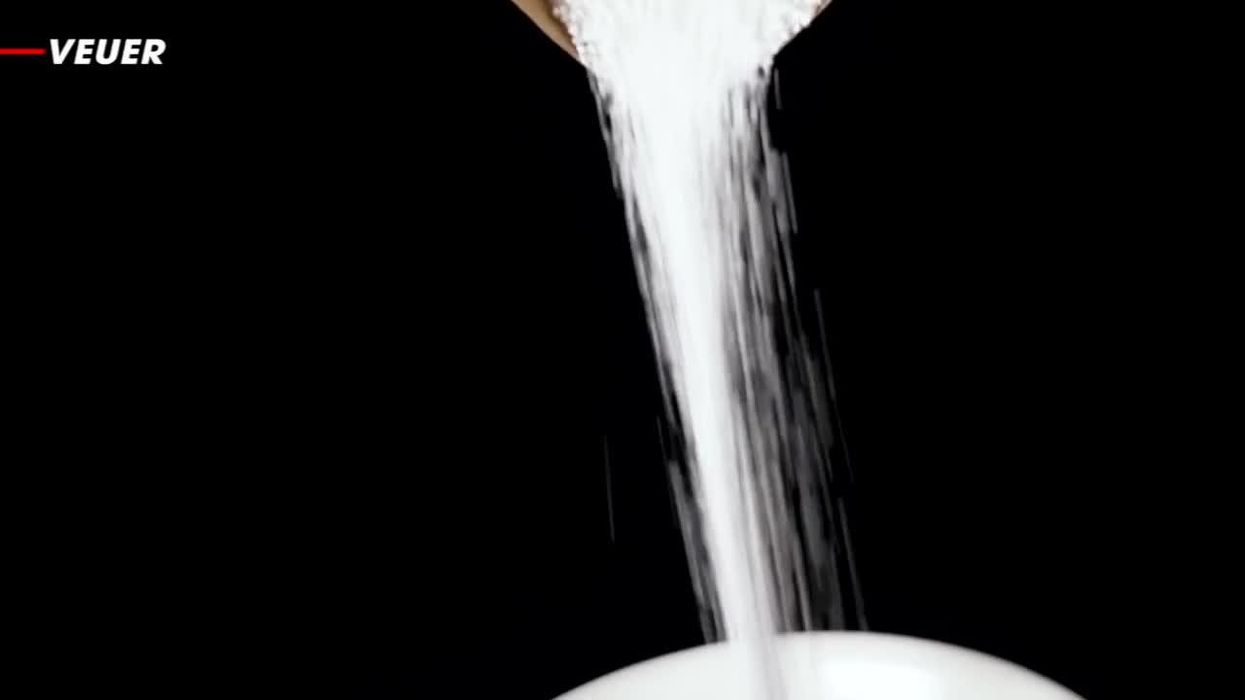Diet fizzy drinks could be contributing to anxiety, scientists have suggested.
In a recent study, Florida State University researchers delved into the effects of an artificial sweetener used in over 5,000 sugar-free food and drinks, known as aspartame.
The artificial sweetener dates back to 1965 when scientist James Schlatter discovered it accidentally. At the time, he was testing potential drugs for mouth and stomach ulcers and locked the powder from his finger. Aspartame is around 200 times sweeter than regular sugar, according to the Food and Drug Administration (FDA). While it does contain some calories, consumers tend to use less due to its sweet taste.
Researchers performed the study by adding aspartame to mice's drinking water and monitoring their behaviour to see whether there were any notable changes.
They gave the mice an open-field test to assess their anxiety levels.
The mice were given free rein on an open field, with anxious mice spending more time around the sidelines than the centre.
Sign up to our free Indy100 weekly newsletter
The study found that male mice, which displayed changes in the brain, appeared to pass it on to their offspring. However, the co-author said this would be "diluted" with each generation.
"What this study is showing is we need to look back at the environmental factors because what we see today is not only what’s happening today, but what happened two generations ago and maybe even longer," said co-author Pradeep Bhide, the Jim and Betty Ann Rodgers Eminent Scholar Chair of Developmental Neuroscience in the Department of Biomedical Sciences.
Dr Bhide cautioned that “our data from mice suggest that similar outcomes may obtain in humans. Studies in human subjects would be needed to verify this suggestion.”
Have your say in our news democracy. Click the upvote icon at the top of the page to help raise this article through the indy100 rankings.














